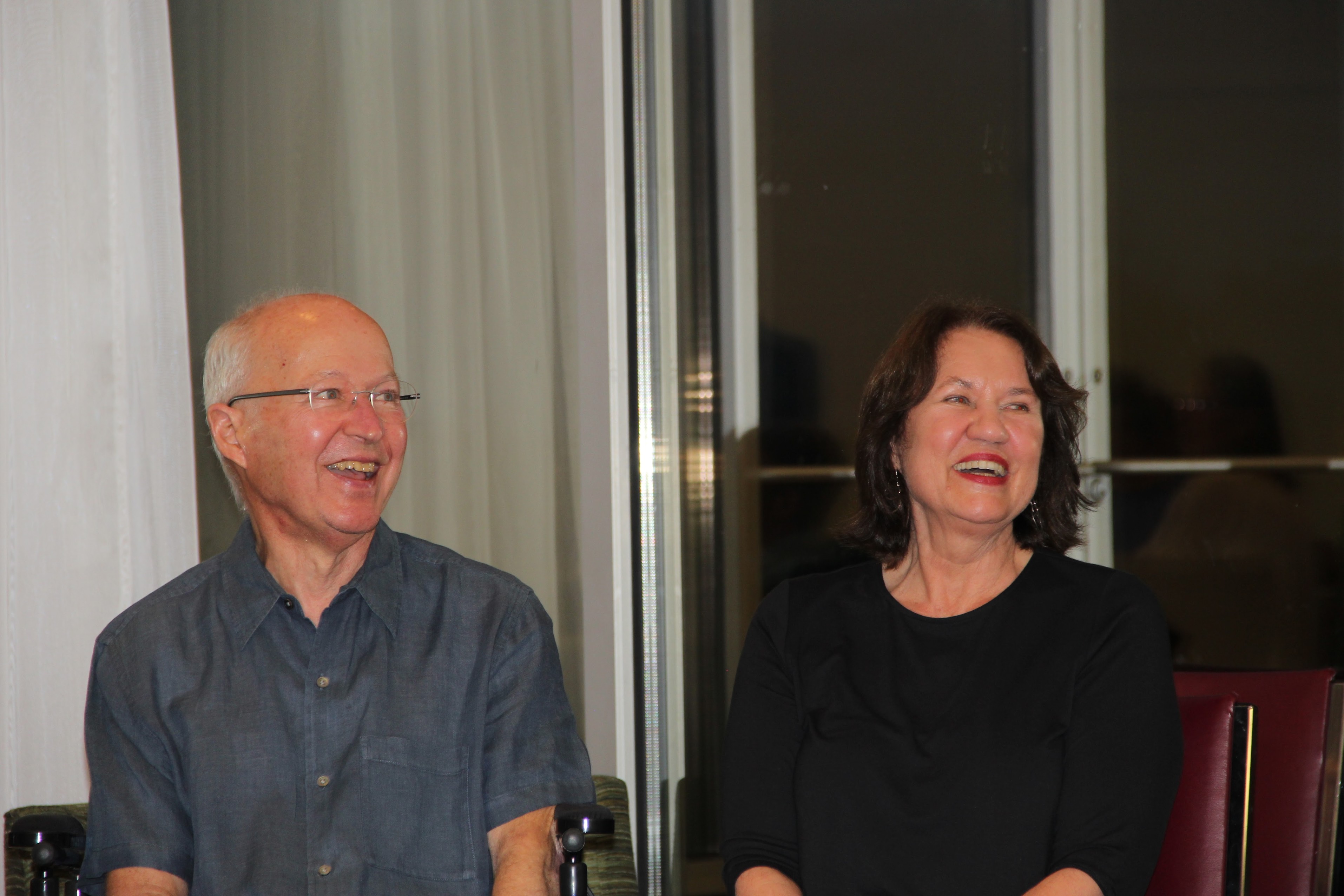Ronald Rindfuss is the Robert Paul Ziff Distinguished Research Professor of Sociology at the Hill, and a Senior Fellow at the East-West Center in Honolulu. Rindfuss earned his PhD from Princeton University in 1976 and joined the Department of Sociology at UNC in 1978. He was elected a Fellow of the American Association for the Advancement of Science in 1992, directed the Carolina Population Center from 1992 to 1997, and served as President of the PAA in 1991-1992. Papers Rindfuss coauthored received the 2000 Erdas Award for Best Scientific Paper in Remote Sensing from the American Society for Photogrammetry and Remote Sensing and the 2011 award for Distinguished contribution to Scholarship in Population presented by the Population Section of the American Sociological Association.
Rindfuss’s scholarship on the family and fertility has had a tremendous impact in both national and international settings. His research on social factors affecting fertility illustrated the importance of institutional factors, primarily operating at the country level. His research on population and environment incorporated the role of migration. Much of this work was in Nang Rong district, Northeast Thailand, in collaboration with Barbara Entwisle and Steve Walsh. In another area, Rindfuss led a NIH Roadmap grant to show how agent-based models can be used more broadly. Rindfuss extended his investigations of migration and the environment to the Galapagos Islands, a unique geospace that has experienced substantial increases in migration related to the exponential increases in tourist visits. He also applied agent-based models by comparing the effects of different farming systems in Thailand and Nepal. Ron Rindfuss completed a 40-year career with an outstanding record of research in family and fertility and exceptionally innovative scholarship on population and environment.
For information and to contribute to the Ronald R. Rindfuss Sociology Trainee in Population Science Award fund, please click here: http://www.cpc.unc.edu/aboutcpc/make-a-gift.
For more information on Ron Rindfuss and his career:
- CPC bio page: http://www.cpc.unc.edu/people/fellows/bio?person=rindfuss.
- PAA Bio here: http://www.populationassociation.org/sidebar/paa-fund-campaign/honored-members/ronald-rindfuss/
Interviews related to his research and time as CPC Director (1992-1997) are available on the CPC history pages, especially the Third and Fourth Decades: http://www.cpc.unc.edu/aboutcpc/history. He was also interviewed for CPC’s 40th anniversary: http://www.cpc.unc.edu/aboutcpc/history/interviews



